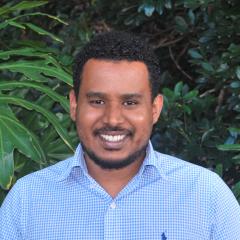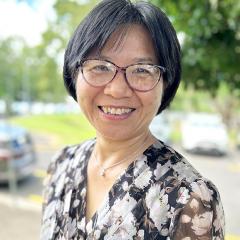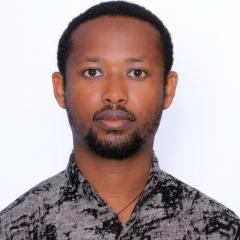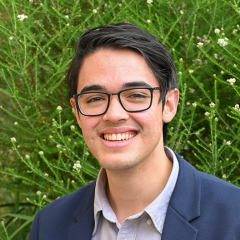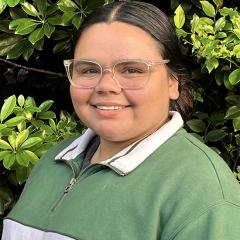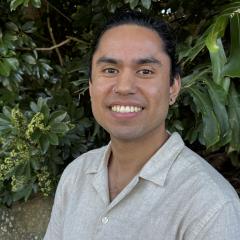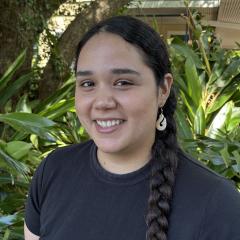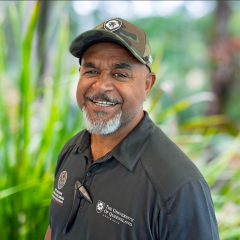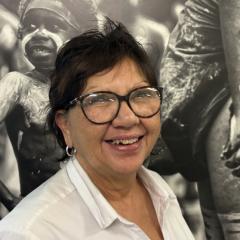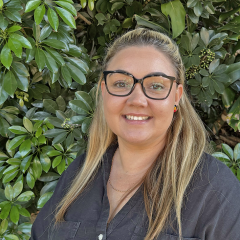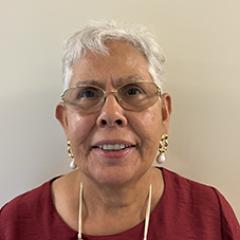Aboriginal and Torres Strait Islander Peoples are at higher risk of disease and poor health outcomes. The underlying causes are complex and multifaceted. Robust and culturally appropriate public health approaches to understand and overcome these issues are urgently required if Australia is to reduce health inequities.
The School of Public Health is committed to working with Aboriginal and Torres Strait Islander people and communities to improve the prevention and management of infectious and chronic diseases, address discrimination, and expand access to health care.
The vision of the First Nations Cancer & Wellbeing Research (FNCWR) Program is innovative and community-driven research that supports and empowers Australia’s First Nations people and communities to achieve optimal health and wellbeing.
The FNCWR Program brings together national and international collaborators to actively promote the translation of research knowledge into public health policy and practice.
Our Academic Team
Research Team
Research Support
Students
Affiliates
Our current vacancies are listed on the UQ careers page.
If you’re interested in an academic career, we can offer a PhD or Masters scholarship partnered with an appropriate academic or professional position, which will enable you to study while you work.
We are committed to working in partnership with Indigenous communities to achieve health equity for Aboriginal and Torres Strait Islander Peoples by addressing unfair, avoidable and remediable differences in health. Our researchers tackle a broad range of issues in this field, including:
- Investigating novel approaches to advance equitable and non-discriminatory access to health services
- Exploring and remediating issues associated with environmental contributions of water and sanitation, housing, and remoteness on health; and the contributions of climate change to health in remote communities
- Identifying and trialling the implementation of effective policy interventions to increase availability and promotion of healthy food in retail settings and improve food security. Read more about our Remote Food Security Project and The Coalition for Healthy Remote Stores.
We seek to optimise mental health frameworks and address substance use through culturally informed models of care. Our researchers have undertaken some of the first robust, Indigenous-focused studies aiming to understand the scale of the mental health burden in Aboriginal and Torres Strait Islander communities, and have pioneered community-led and co-designed initiatives such as the I-ASIST suicide first aid training program. We investigate patterns of drug dependence and its links to infectious disease, detention and imprisonment among Aboriginal and Torres Strait Islander peoples, and use this knowledge to develop harm reduction and treatment programs.
The work that the School undertakes in this space has been invited by Aboriginal and Torres Strait Islander community partners, who have sought a collaborative community-led approach.
Our researchers investigate access to reproductive health services and broader sexual and reproductive health needs for Aboriginal and Torres Strait Islander women. This includes menstrual health and hygiene; access to sexual and reproductive health services such as cervical cancer screening, contraception and pregnancy termination; and the uptake, safety and birth outcomes for mothers who receive an influenza vaccination during pregnancy. Through culturally informed models of care, we also seek to expand testing for sexually transmitted infections and bloodborne viruses for Indigenous people who inject drugs.


